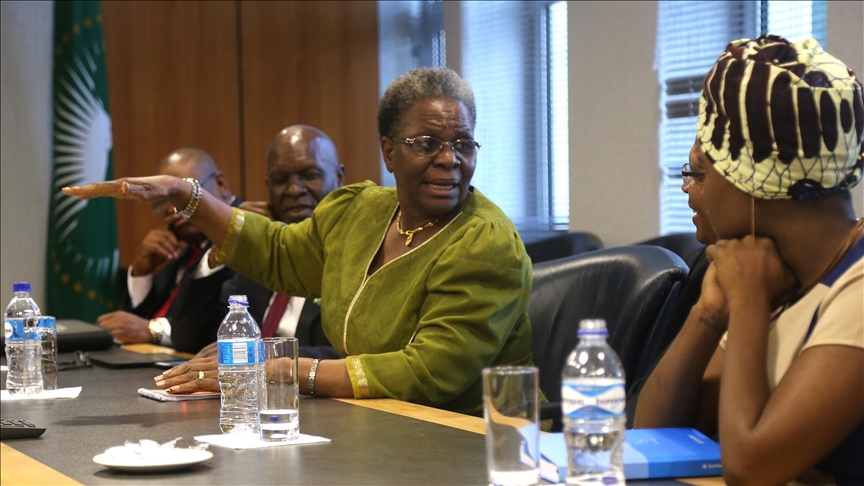
With over 1.4 million people—about half the population—registered to vote, 15 political parties are competing for the presidency and seats in Namibia’s National Assembly.
At a rally for her party, the South West Africa People’s Organisation (SWAPO), Nandi-Ndaitwah said, “I’m proud to have the mentality of liberation because having liberated the people of Namibia politically, I am now ready to liberate them economically.”
McHenry Venaani, leader of the opposition Popular Democratic Movement, urged voters to turn out in large numbers, encouraging them to “rise up, stand in the long queues, and cast their vote for the future we all deserve.”
Early voting results from Namibia’s foreign missions, seamen, and security services, as announced by the Electoral Commission, indicate that Nandi-Ndaitwah and SWAPO are currently in the lead.
SWAPO has governed Namibia since the country gained independence from South Africa’s apartheid regime in 1990. However, in 2019, the party lost its two-thirds majority in the National Assembly for the first time since 1994. This decline in support has been linked to corruption scandals, including money laundering in the Namibian fishing industry, which led to the arrest of two cabinet ministers and the imprisonment of businessmen connected to the case.
Should Nandi-Ndaitwah win, she would follow in the footsteps of Ellen Johnson Sirleaf of Liberia, who became Africa’s first elected female president in 2005, as well as Joyce Banda of Malawi and Samba-Panza of the Central African Republic.
This year’s elections in southern Africa have brought significant political shifts, with South Africa’s ANC losing its 30-year parliamentary majority and Botswana’s Democratic Party losing power after 58 years. In Mauritius, one of Africa’s most stable democracies, the opposition recently secured a landslide victory in elections.
